John Judis
- 1985
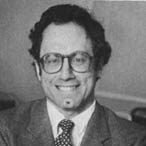
Fellowship Title:
- The Development of American Conservative Politics
Fellowship Year:
- 1985
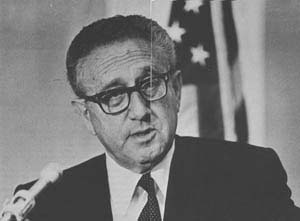
The Conservatism of Henry Kissinger
Is Henry Kissinger a conservative? This is not merely a question of semantics but one that bears upon the nature of American conservatism and the current policy disputes bedeviling it. Like all political categories, that of conservative was defined historically by a political movement. In the U.S. the present meaning of conservative came about as the result of a political struggle waged during the ’50s in journals and magazines, but decided finally by Barry Goldwater’s presidential nomination in 1964. Kissinger was on the losing side of this battle, and his defeat is reflected in the enmity that many self-described conservatives feel towards him. But the losers in the ’50s, who included not just Kissinger, but a group of academics and intellectuals that styled themselves the “new conservatives,” may be making a comeback in the ’80s. Henry Kissinger Throughout his career, Henry Kissinger has thought of himself as a conservative, but he distinguishes between his conservatism and that of most of the American right. Kissinger styles himself as an “historical” or a “Disraeli conservative” and rejects
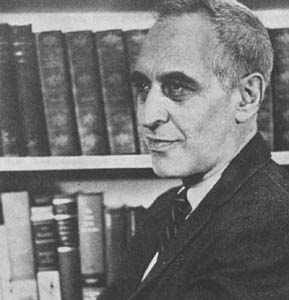
The Godfather of American Conservatism
Today, whether the issue is arms control, school prayer, or tax reform, the most heated political battles are being waged among conservatives rather than between conservatives and liberals. There are as many factions of conservatives–new right, old right, neo-conservative, movement conservative, moderate conservative–as there used to be factions on the left. But beneath these divisions does there lurk a common set of assumptions which is conservatism? The most concerted attempt to discover these assumptions was made by Frank Meyer, an ex-Communist who from 1957 until his death in 1972 was a senior editor of and columnist for National Review. Meyer was the ideological godfather of the conservative organizations and politicians who got their start in the late ’50s and the ’60s, from the Young Americans for Freedom to Barry Goldwater and Ronald Reagan. Meyer communicated many of his ideas through countless phone calls emanating at all hours of the night from his Woodstock, New York home. But he also tried to create a philosophical synthesis of American conservatism in his writings. Meyer set out, he
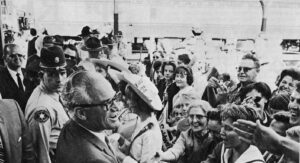
Barry Goldwater’s Curious Campaign
The past is a reflection of the present. Fifteen years ago Barry Goldwater was a forgotten man, his only claim to posterity that he was routed for the presidency by a vulgar Texan who was forced out of office four years later. But Ronald Reagan’s landslide victories in 1980 and 1984 have transformed Goldwater from a crank to a prophet and elevated his campaign for the presidency to a historic event that paved the way for the conservative realignment of the 1980s. But just as the shadow of defeat minimized Goldwater’s achievement, the bright sun of victory has tended to exaggerate it. There is by no means a straight line from the 1964 to the 1980 campaign. Like another seminal political event, Franklin D. Roosevelt’s “balance the budget” campaign in 1932, Goldwater’s campaign achieved its larger impact almost in spite of the candidate’s and campaign’s intentions. From the vantage of the Reagan years, one imagines a determined rock-jawed Goldwater, flanked by the militant conservatives of the ’50s, leading the charge against the regnant liberalism. But
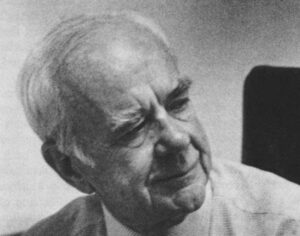
The Origins of Conservative Foreign Policy
American foreign policy has always had its great debates, from the imperialists versus the internationalists. Since the early 1950s, the great debate between the advocates of containment and of liberation: between those who favor containing Soviet communism within its present geopolitical campus and those who favor rolling it back and liberating the people under its sway. The debate between the advocates of containment and liberation continues to underlie major political differences over arms control, East-West trade, and intervention abroad. The debate has even broken out among conservatives, as evidenced by the Heritage Foundation’s recent symposium, “Beyond Containment,” in which former Reagan administration Arms Control Director Eugene Rostow called on the U.S. to “achieve a balance of power” with the Soviet Union, while former National Security Advisor Richard Allen recommended that the U.S. seek “the dissolution of the Soviet external empire.” The origins of the containment doctrine, dating from consular official George Kennan’s cable from Moscow in 1947 setting forth the strategy, have been amply researched, but the origins of the liberation doctrine have not been.
